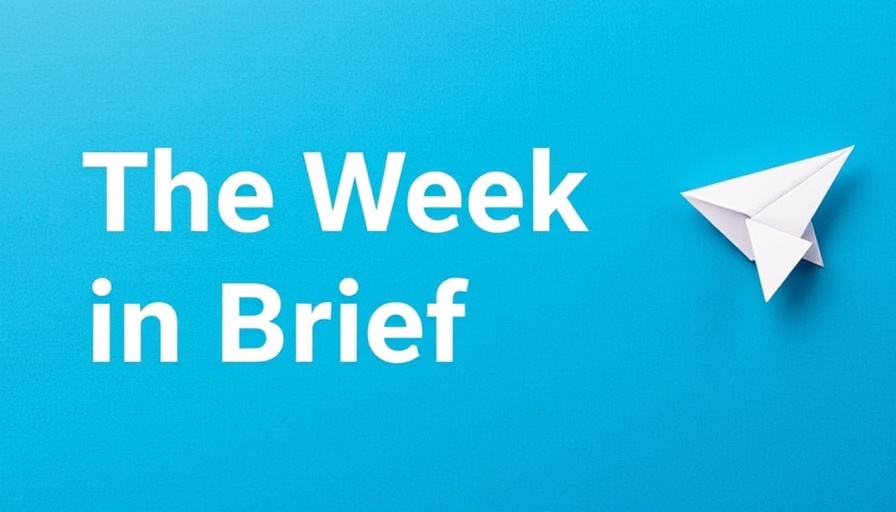
NIH Workers Speak Out: A Professional Dissent
In a striking display of collective dissent, over 300 current and former employees at the National Institutes of Health (NIH) have felt compelled to voice their grievances against the policies of the Trump administration. This unprecedented movement has sparked conversations about the impact of political decisions on scientific research and public health. The letter sent on June 9 to NIH director Jay Bhattacharya highlights the dire consequences of recent administrative actions ranging from cuts in funding for vital biomedical research to the termination of numerous grants that support groundbreaking studies.
The Heart of Health: A Commitment to Research
The NIH is the cornerstone of health advances in the United States, funding research that has led to critical breakthroughs in understanding diseases and treatments. By slashing budgets and eliminating grants, the administration's policies promise to disrupt decades of foundational work, particularly in areas addressing rare cancers and infectious diseases that require sustained scientific inquiry. Workers feel a deep sense of mission, as their work directly correlates with the health outcomes of countless Americans. "This matters for everyone who has ever been sick or knows anyone who has," lamented one anonymous NIH worker, emphasizing the personal stakes involved.
A Turbulent Budget Proposal: Impacts and Implications
During a recent Senate subcommittee meeting, tensions flared as legislators grappled with the implications of the proposed budget—a staggering 40% reduction for the NIH. Senator Patty Murray openly criticized the administration’s actions, characterizing them as "catastrophic" for public health. The response from Bhattacharya was cautious, stating that the budget negotiations are ongoing, yet he acknowledged responsibility for decisions he has made unilaterally. The fear of political bias in scientific endeavors has left employees uncertain about the future direction of research.
Decisions at Stake: The Future of Clinical Research
This clash of interests comes at a time when discussions about racial and ethnic health disparities are more prominent than ever. Employees at the NIH argue that the administration is suppressing crucial research focused on minorities, dismissing it as ideological when it is, in fact, vital for advancing equitable health care. As one employee pointedly remarked, "They’re cutting whole areas of science that are critical to improving patient outcomes," underscoring the potential consequences for marginalized communities.
Understanding the Human Element: The Emotional Cost of Workplace Policy
Beyond the bureaucratic consequences, the emotional toll on NIH workers is significant. Many fear retaliation for speaking out or for merely engaging in meaningful dialogues about the future of health research in America. Mental health support is an area that has seen increasing attention; however, the stress of potential job loss and diminished mission can exacerbate existing challenges. These workers advocate not just for their jobs but for a reinstatement of the commitment to public health.
Voices from within: Taking Action
The courageous stance taken by NIH workers offers a template for activism within the healthcare system and fosters greater public awareness. Addressing issues of funding and research can strengthen community health overall, as individuals come together to insist on a system that prioritizes science and healing over political machinations. Holistic wellness, encompassing both physical and mental health, depends on Congress recognizing the importance of sustained funding for health research.
Taking Personal Action: Wellness Starts Within
For readers looking to reflect on their own health within the greater context, adopting healthy lifestyle habits can serve as both a personal antidote to stress and a means to uplift community health. Engaging in daily wellness routines, prioritizing mental health support, and exploring natural immune boosters can provide individuals with empowerment in times of uncertainty.
It's clear: the intersection of public health and political policy is a pressing issue, and now is the time for proactive measures. As individuals, we can embrace our roles in fostering a healthier society through education and advocacy for our health care systems. Let's ensure that our voices are heard in support of comprehensive wellness—because every action matters.
 Add Element
Add Element  Add Row
Add Row 



 Add Row
Add Row  Add
Add 


Write A Comment